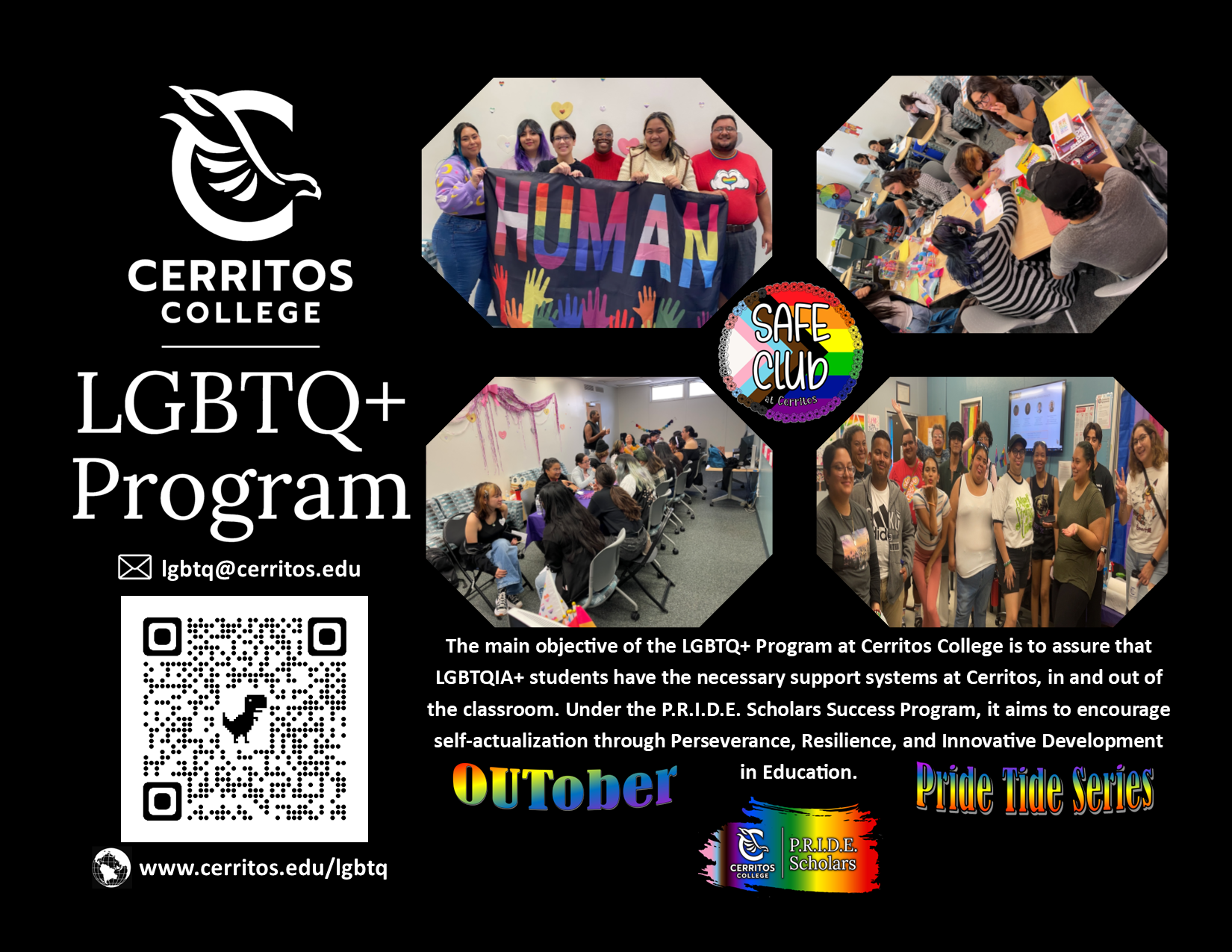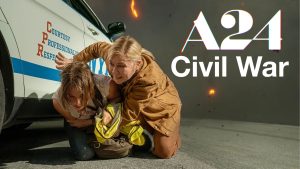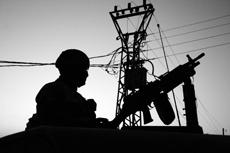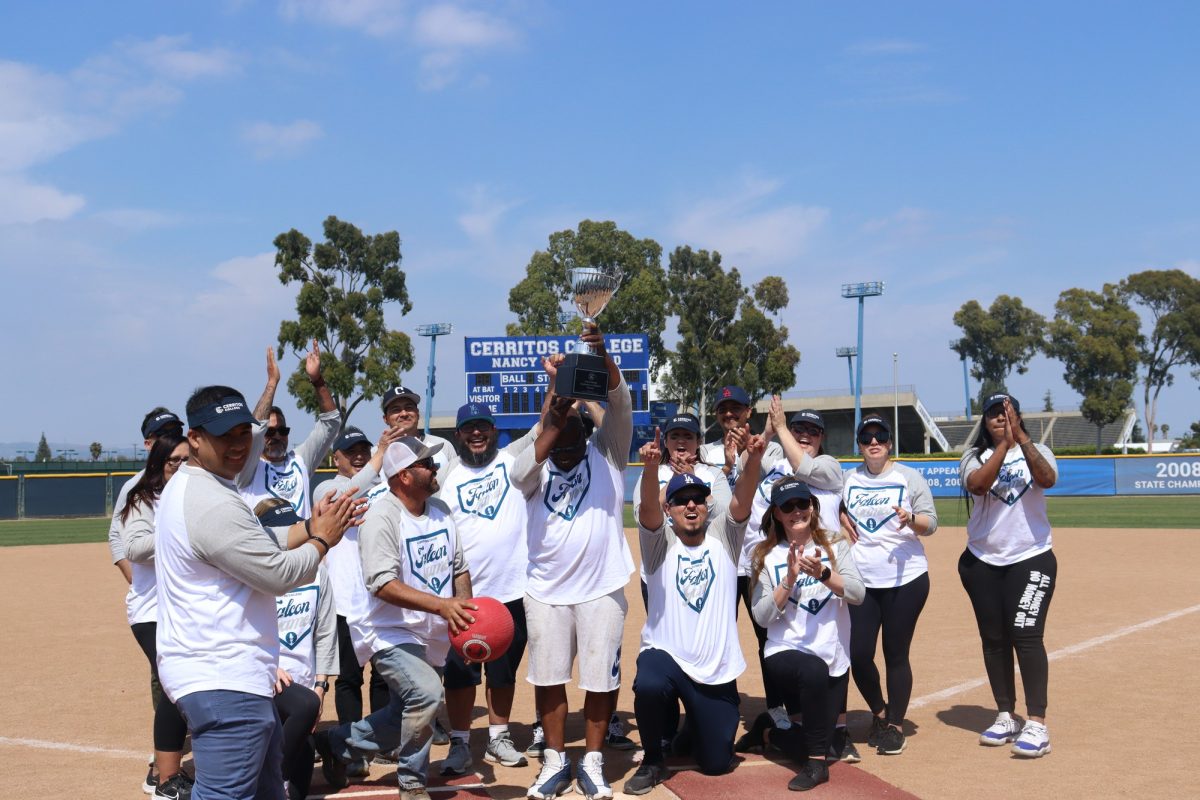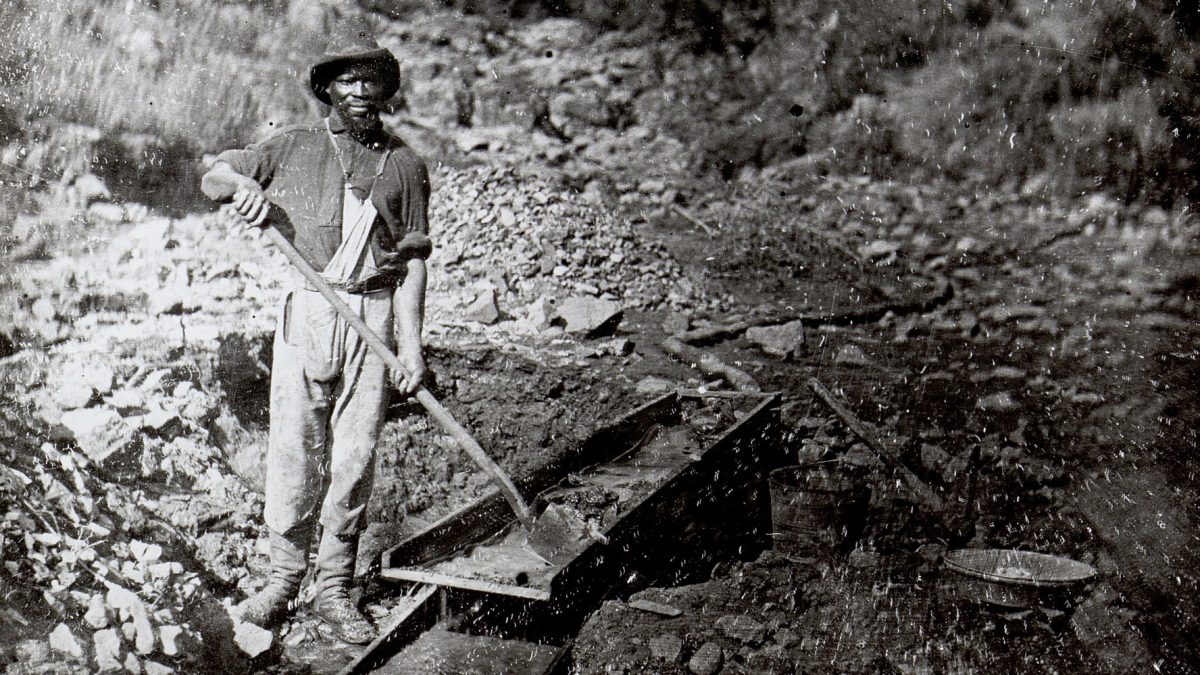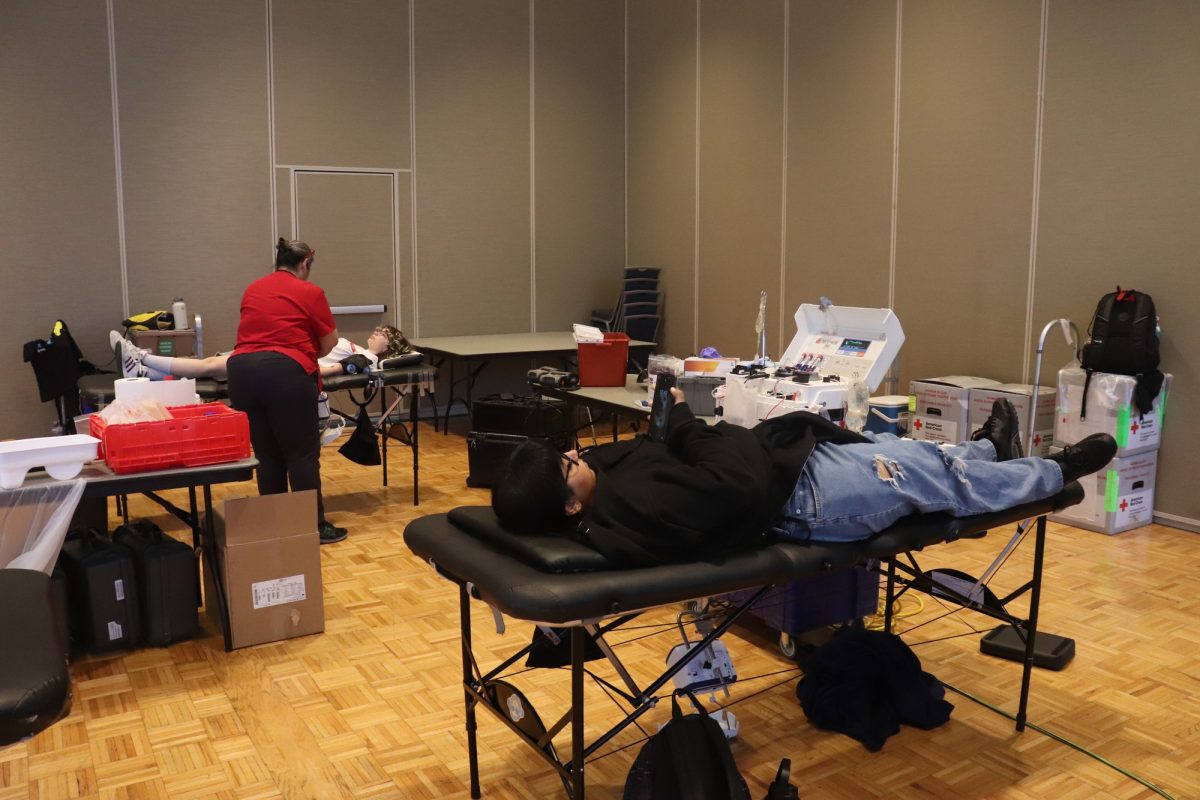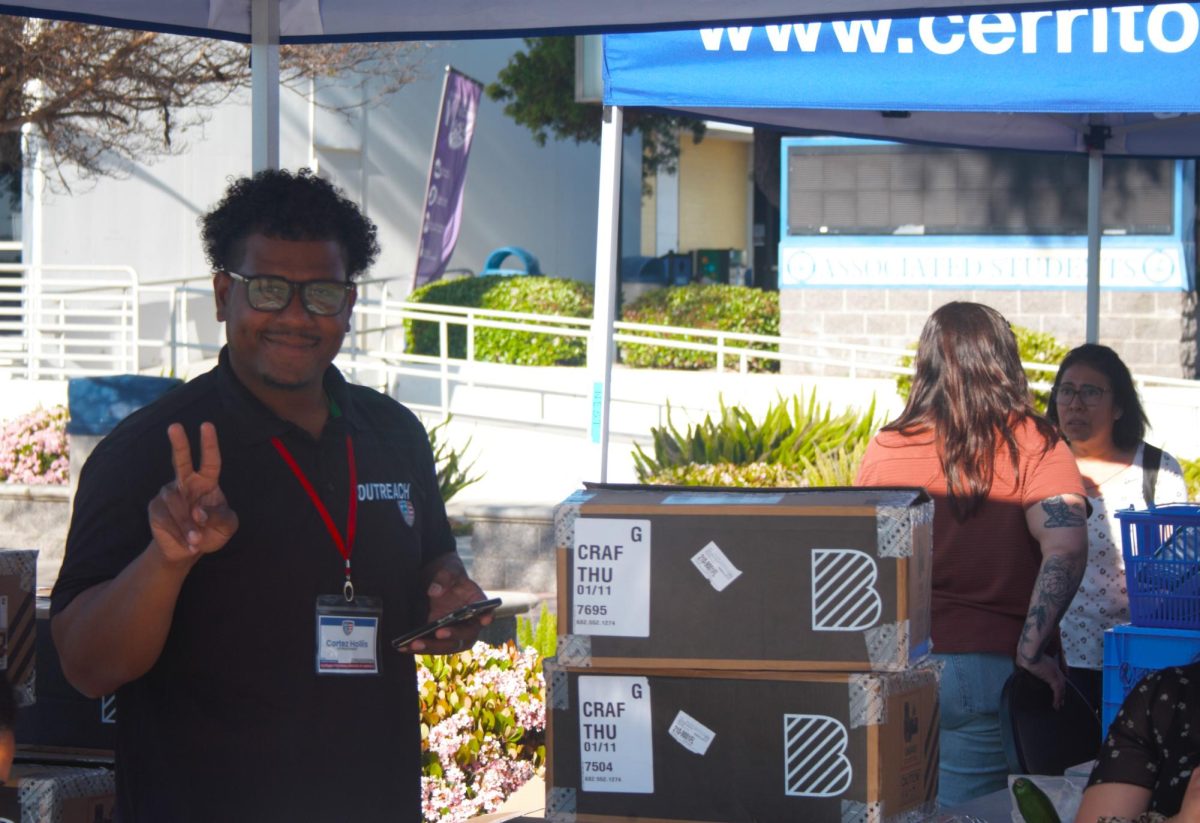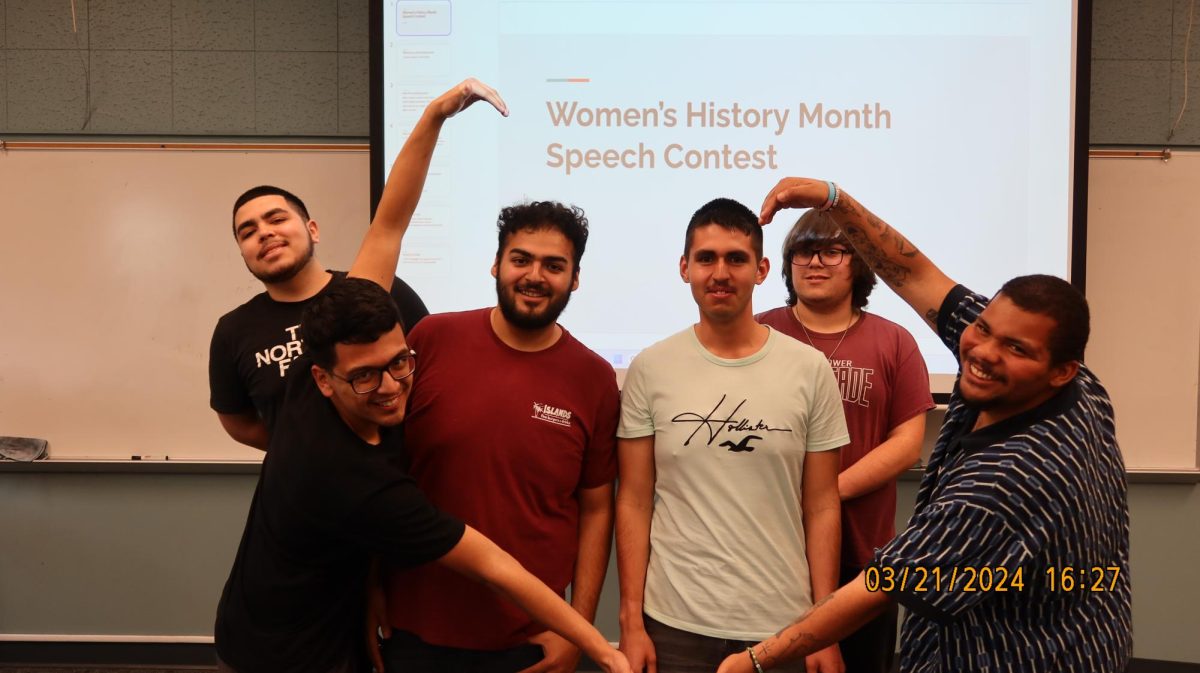Since the ending of World War II in 1945, the countries that comprise of the Middle East region have been at the center of the world’s attention, though its existence dates back to A.D. 7.
The region is the world’s leading supplier for crude oil and is the birthplace of three of the world’s major monotheistic religions; Islam, Judaism and Christianity.
But along with its share of contributions, the Middle East is infamously known for its numerous conflicts. Many of these ongoing conflicts, such as the one between Israel and Palestine, stem back to the days before World War I, yet students at Cerritos College seem to not understand the happenings and impact of the region.
“If students want to understand what’s going on now, then they have to understand the history of these countries. It’s very complex,” said Dr. John Haas, history instructor.
Many of these conflicts are between countries in the region, such as the more recent battle between Israel and Hezbollah, a militant group from Lebanon. Others have directly involved the United States, such as the ongoing wars in Iraq and Afghanistan.
Though the overseas conflicts may have an affect on some U.S. citizens, some students say that they don’t feel a direct effect.
“It’s not changing the daily lives of students because it isn’t happening in front of them,” said Jim Elliot, undecided major.
However, there are some Cerritos students who have experienced and lived through Middle Eastern conflicts. They have spent their childhoods in some of these countries and have immigrated to the U.S. to study at Cerritos.
Among these is Nancy Khalid, undecided major, who is from Palestine. Khalid grew up in Palestine during its conflict with neighboring country Israel and has been attending Cerritos for two years.
“(The US and Palestine are) two different worlds,” Khalid said. “(In Palestine) when moving from city to city, it can take two hours sometimes, because there are soldiers posted every few blocks and they set up borders and they constantly check you.
“It’s difficult to study or sleep. You can hear the bombs dropping overnight and we are prevented from going outside,” she said. “We are told that we will be killed if we go outside.”
In the midst of internal conflict between Middle Eastern countries, the United States has decided to intervene in some of them.
Since 2001, U.S. soldiers have been deployed to Iraq and Afghanistan as part of the Bush administration’s current war on terror. However, students and faculty members are worried about how current U.S. involvement in Middle Eastern affairs will affect all countries involved.
“What people in the U.S. need to consider is the possibility that it is not our job or our right to decide how the nations in the (Middle East) work out their destinies,” said Dennis Falcon, political science instructor.
“We would not respond well if other nations took it upon themselves to directly intervene in our internal and external affairs to the degree that we do in theirs. In fact, I believe we would start bombing people if that were to happen.”
Falcon feels that the U.S.’s involvement in the current war of terror isn’t leading to the results that all were hoping it would. “Unfortunately, we are now engaged as a nation in a number of bloody, costly conflicts that we had a major role in creating. Our resources–people, money, credibility–are being expended with precious little to show for it and even less to expect down the road.”
Waleed Nueirat, economics/English major, was born in Iraq and immigrated to the U.S. five years ago. Nueirat is half Palestinian and Iraqi.
Although he has not been to Iraq since immigrating to the U.S. five years ago, he does have plans to go to Palestine in the near future.
He feels that there is only one solution for the ending of the Middle East conflict.
“The answer is simple; all countries must disarm,” he said. “An eye for an eye makes everybody blind.”
But other students don’t see a solution presenting itself soon enough.
“I don’t think there’s any resolution,” said Heriberto Pena, business marketing major. “There are too many people in these countries trying to push their own weight around.”
Nesrine Sleiman, international economics major, is from Lebanon and feels that only through a personal experience, can students really know what’s going on in the Middle East.
“(Students should) visit Lebanon and make sure and see that we have democracy more than the whole world. They can never tell what democracy is until they visit Lebanon, believe me,” said Sleiman, “I know a lot of American people who visited Lebanon and stayed there for a long time, because it is so enjoyable.”
Sleiman was born and raised in Lebanon. She has been in the United States for almost two years.
“I come from a village called Yaroun in South Lebanon. It’s so close to Israel, that I can stand next to the border (between the two countries),” she said.
Sleiman, Nueirat and Khalid are just a few Cerritos students of Middle Eastern descent who are waiting to see how the conflicts end. The rest of the world watches and waits along with them.
“When all of the (conflicts) finish, every body in the world will know (the truth),” said Sleiman. “(The current situation) won’t stay like it is, because for every story there is an end.”

